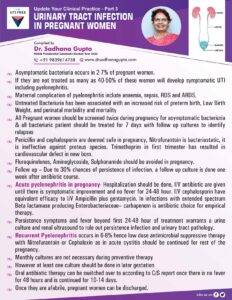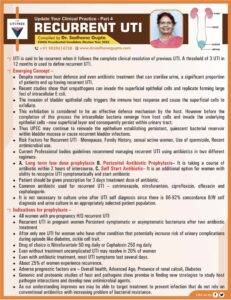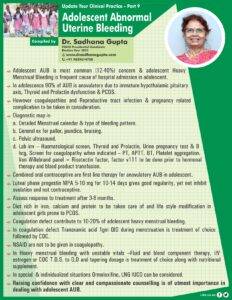Adolescence is a critical stage of life that involves significant physical and psychological changes. During this period, hormonal changes are occurring that are related to puberty and sexual maturation. These changes can cause a variety of medical conditions and can have a significant impact on reproductive health. In this article, we will discuss the importance of adolescent health and reproductive endocrinology, including the role of hormones, the impact of endocrine disorders, and the treatments available for reproductive issues in adolescents.
Table of Contents
Introduction
Adolescence is a time of significant physical, emotional, and cognitive development. The onset of puberty is triggered by changes in the hypothalamus, which stimulates the production of gonadotropin-releasing hormone (GnRH) in the pituitary gland. GnRH then signals the release of luteinizing hormone (LH) and follicle-stimulating hormone (FSH) from the pituitary gland, which initiates the production of estrogen in females and testosterone in males. These hormonal changes have a significant impact on the reproductive health of adolescents.
II. Hormones and Reproductive Health:
Hormones play a critical role in the reproductive health of adolescents. Estrogen and testosterone are responsible for the development of secondary sexual characteristics, including breast development in females and the growth of body hair and deepening of the voice in males. These hormones also play a critical role in the regulation of the menstrual cycle in females and the development of sperm in males.
III. Endocrine Disorders in Adolescents:
Endocrine disorders are common in adolescents and can have a significant impact on reproductive health. Polycystic ovary syndrome (PCOS) is a common endocrine disorder that affects females and is characterized by irregular menstrual cycles, obesity, and insulin resistance. Other endocrine disorders that can affect reproductive health include hypothyroidism, hyperthyroidism, and diabetes.
IV. Treatments for Reproductive Issues in Adolescents:
There are several treatments available for reproductive issues in adolescents. Hormone replacement therapy (HRT) is often used to treat endocrine disorders, such as PCOS, by regulating hormonal imbalances. For males with hypogonadism, testosterone replacement therapy (TRT) may be used to stimulate the production of testosterone. In addition, fertility treatments, such as in vitro fertilization (IVF), may be used to help adolescents with infertility issues.
V. Conclusion:
Adolescent health and reproductive endocrinology are critical areas of medicine that require specialized knowledge and care. The impact of hormonal changes during puberty can have significant long-term effects on reproductive health. Endocrine disorders and reproductive issues require prompt diagnosis and treatment to prevent complications and promote optimal health outcomes.
F&Q
A: Polycystic ovary syndrome (PCOS), hypothyroidism, hyperthyroidism, and diabetes are among the most common endocrine disorders in adolescents.
A: Yes, endocrine disorders in adolescents can be treated with hormone replacement therapy (HRT) and other medications.
A: Common reproductive issues in adolescents include menstrual irregularities, infertility, and sexually transmitted infections (STIs).



